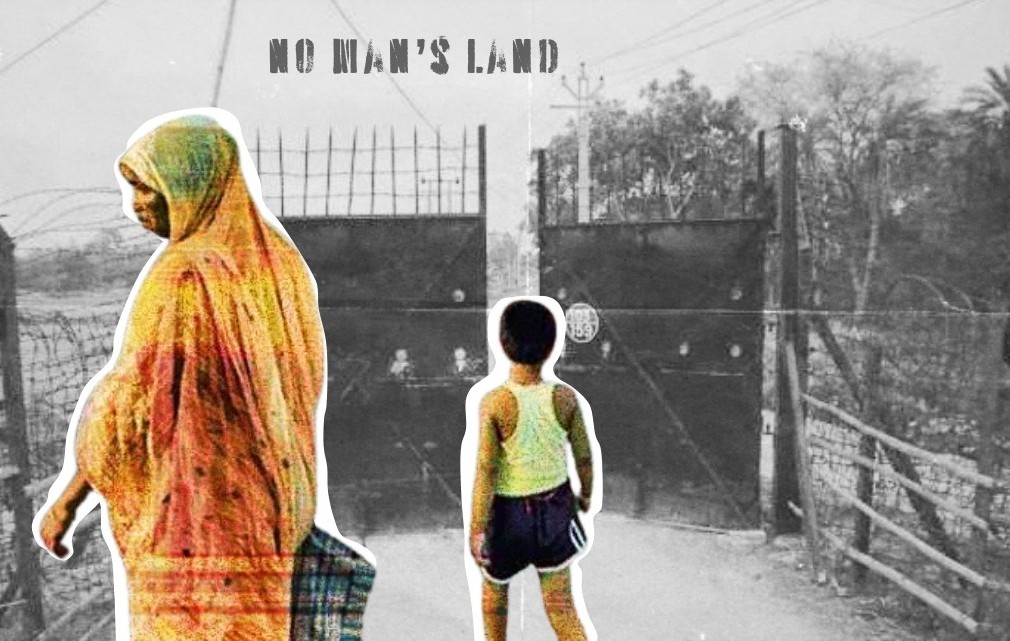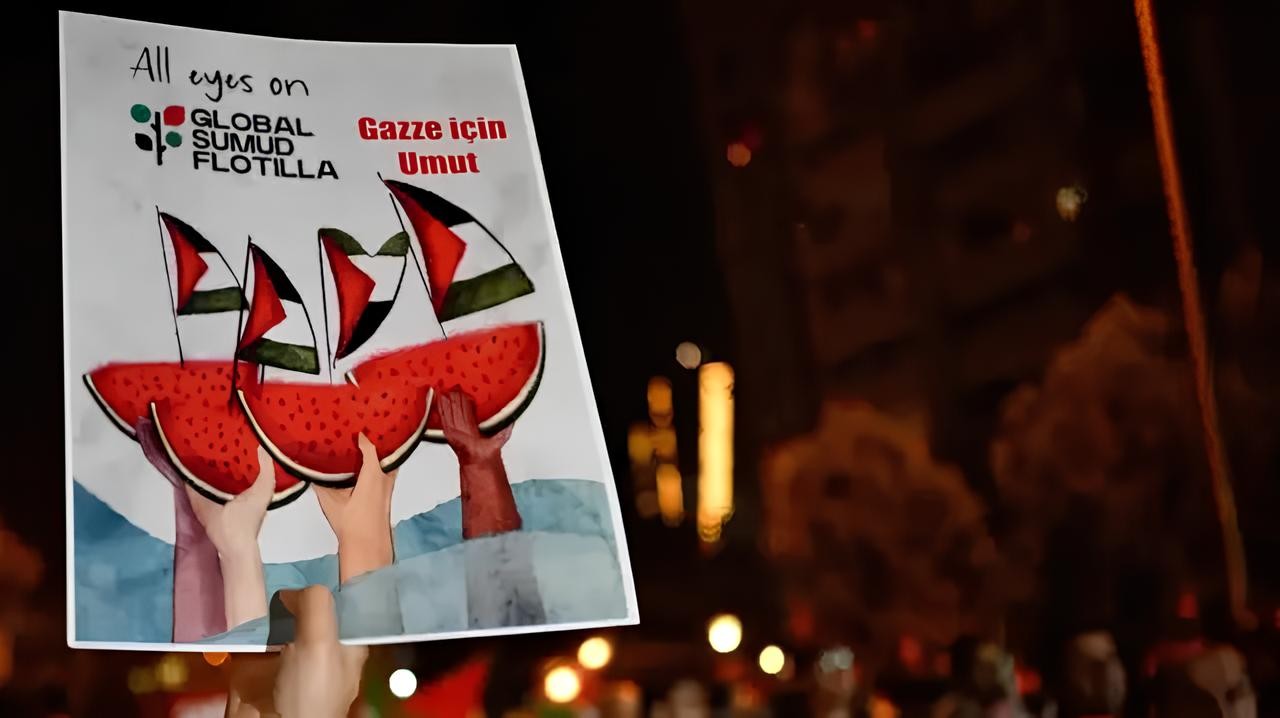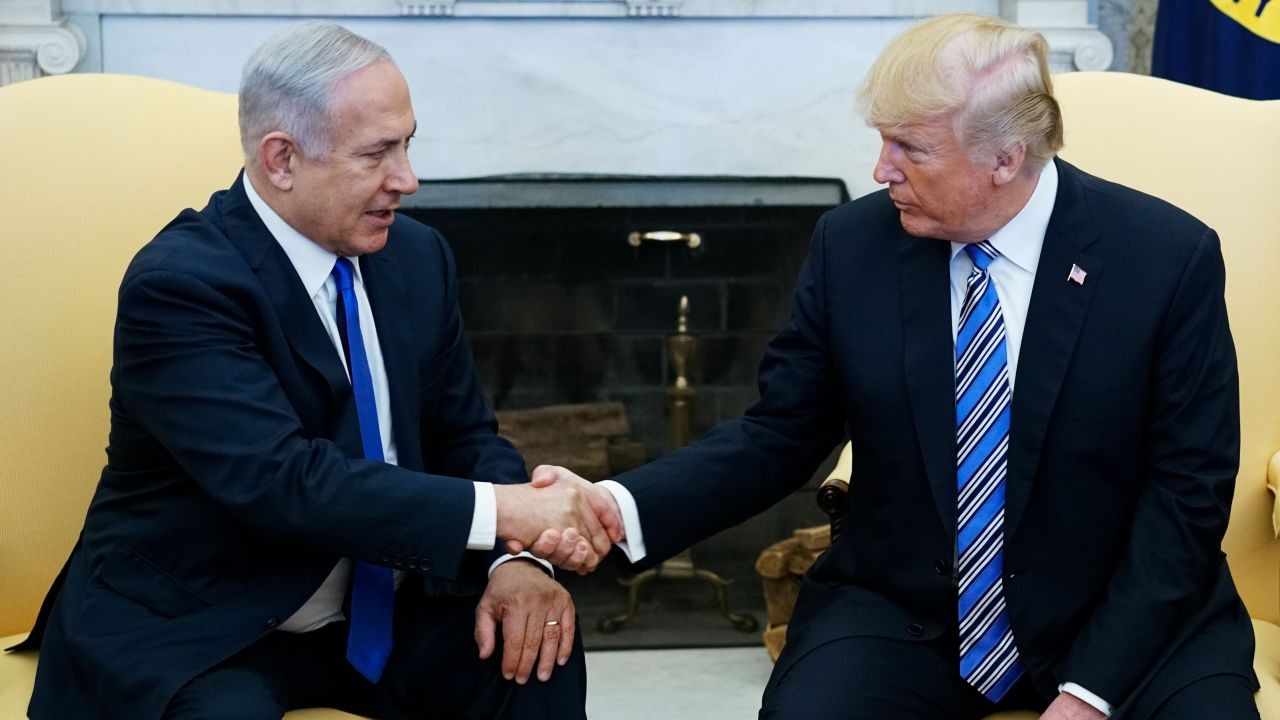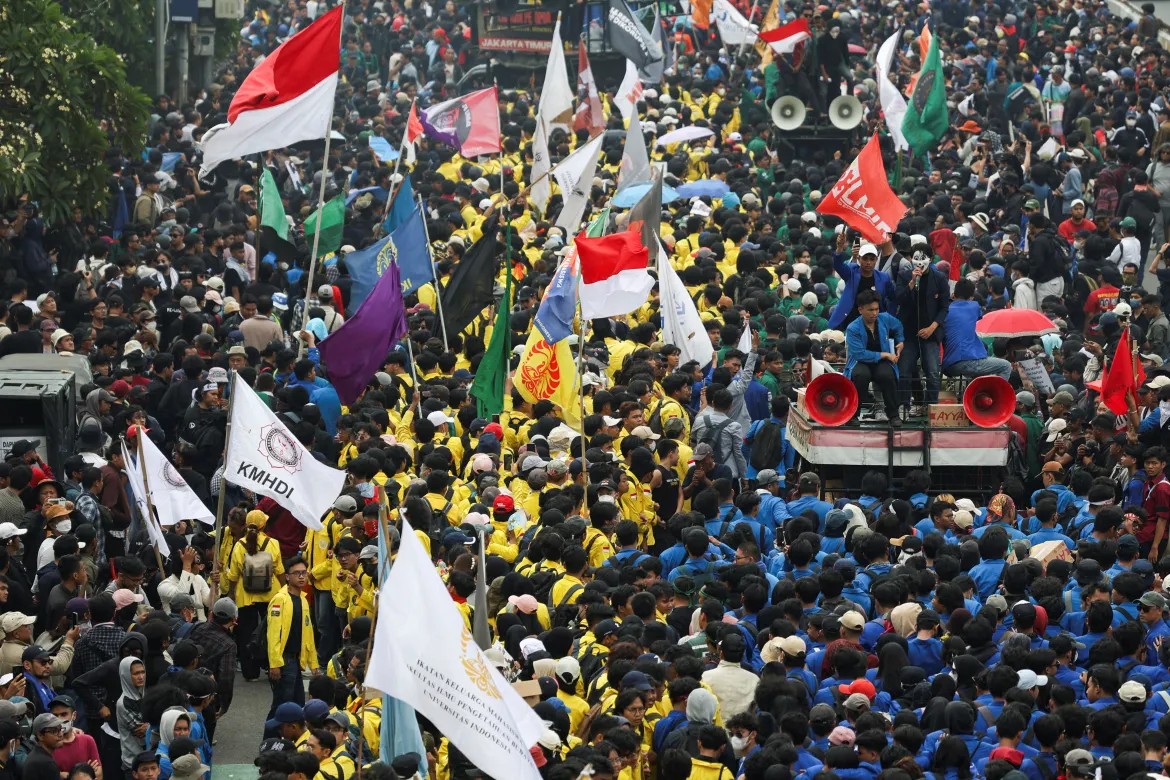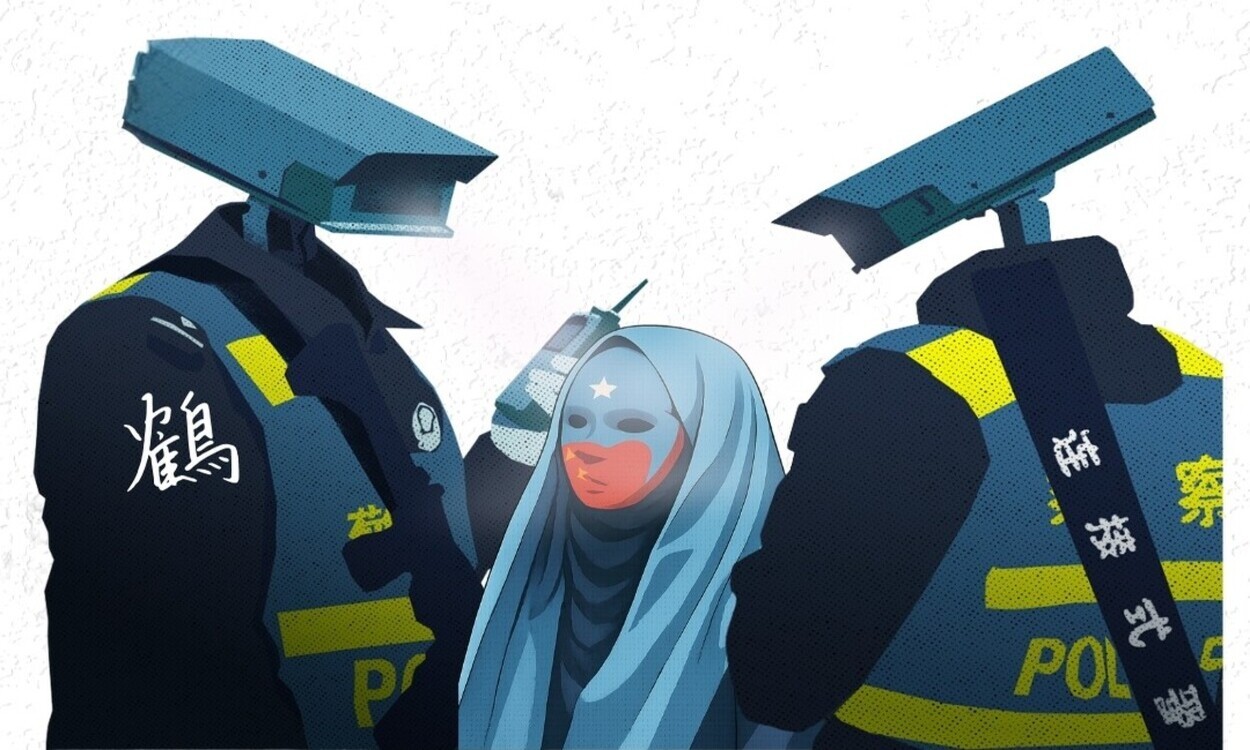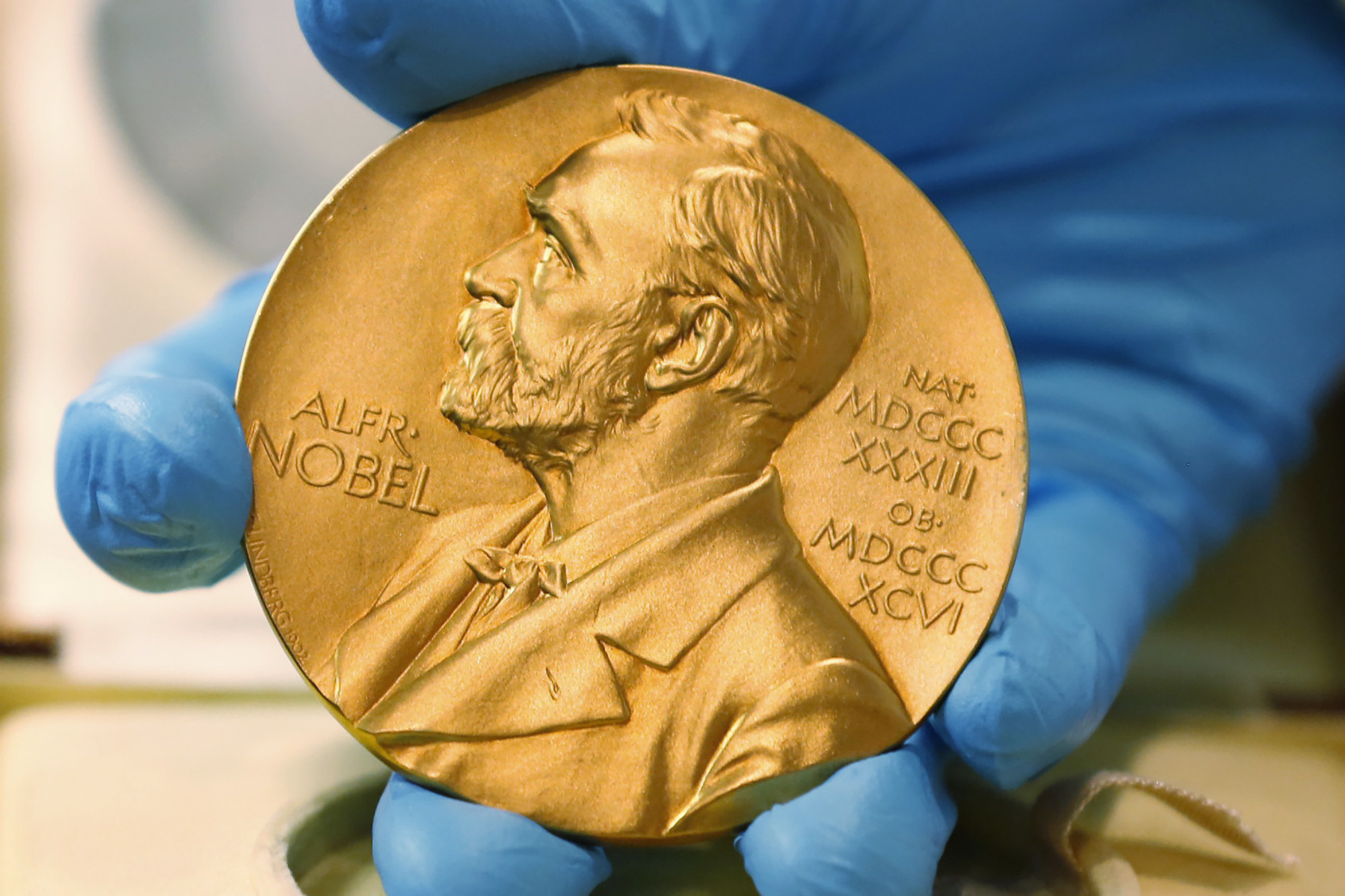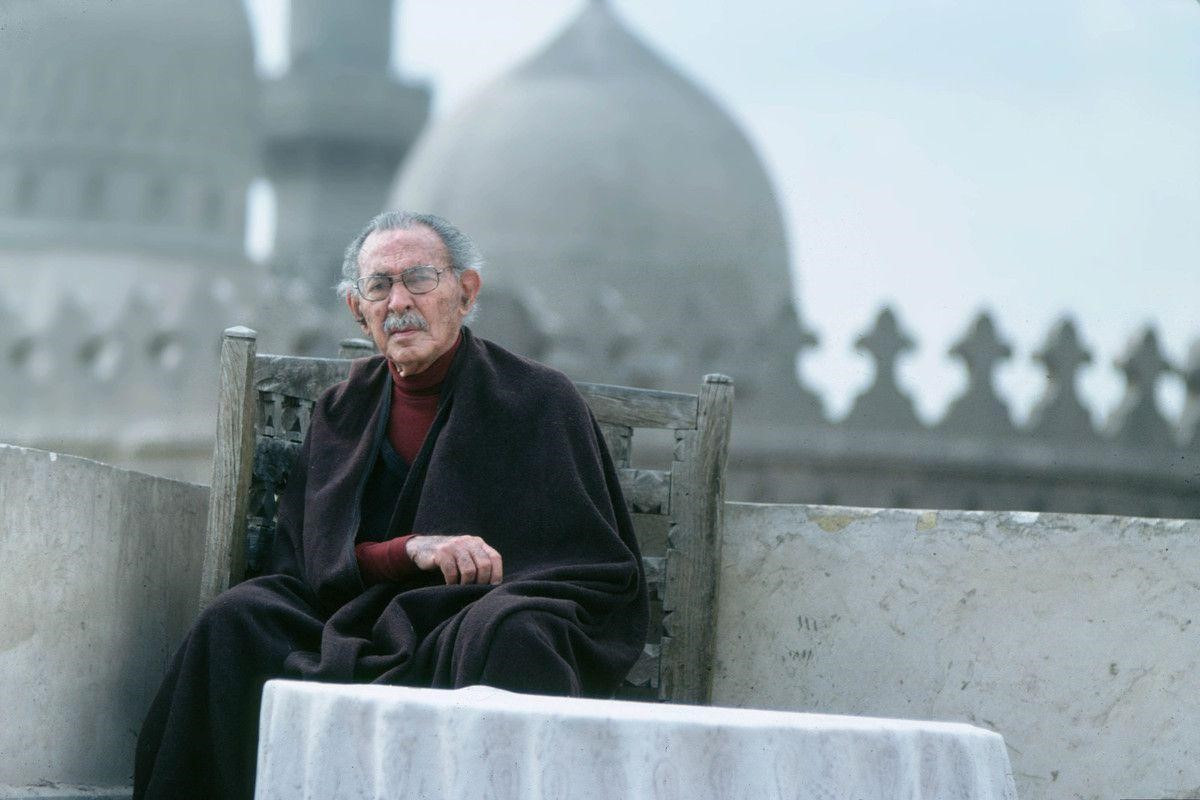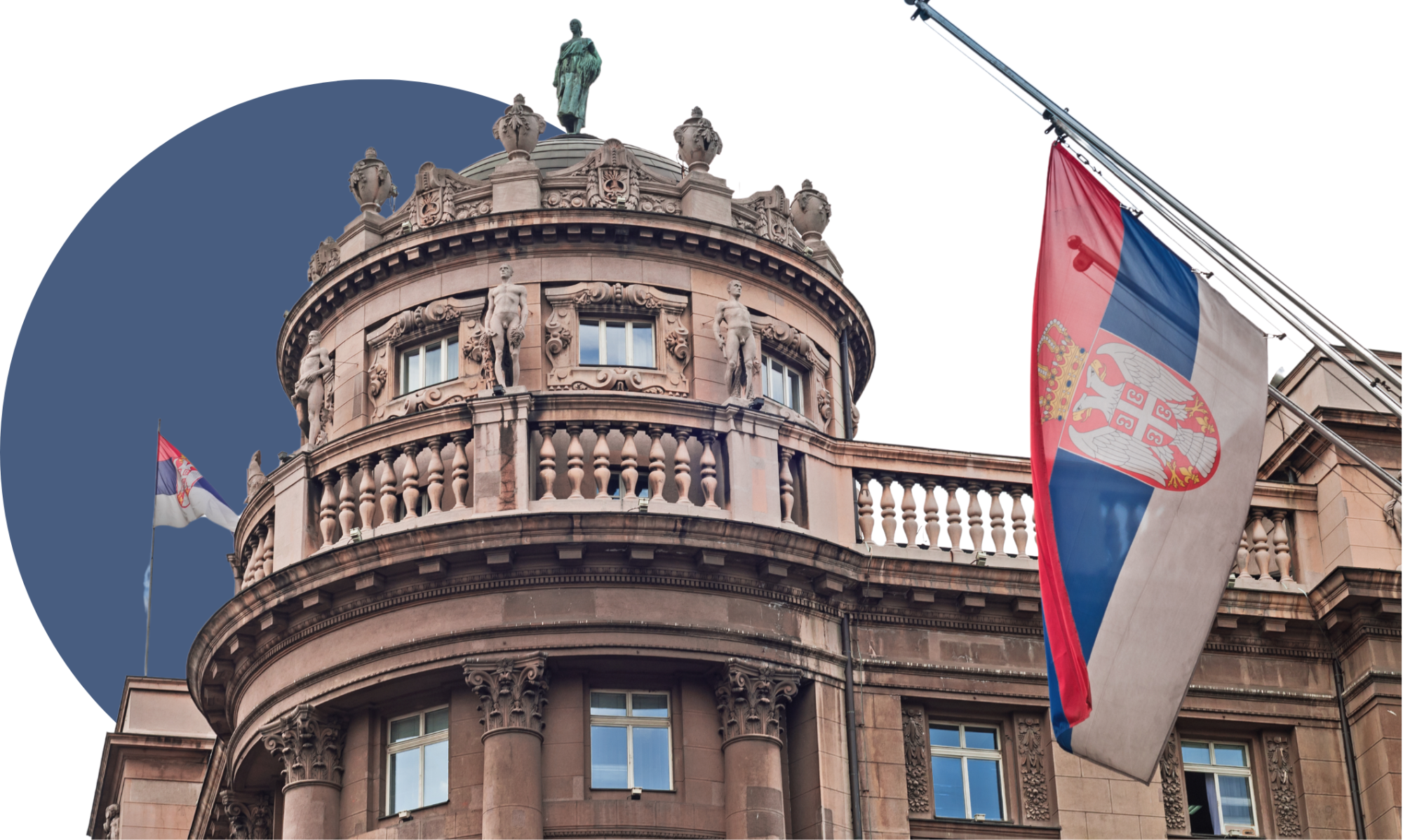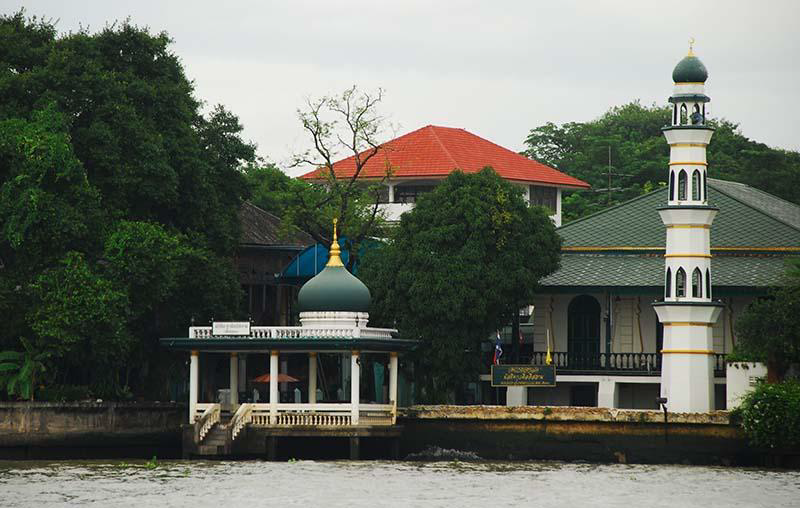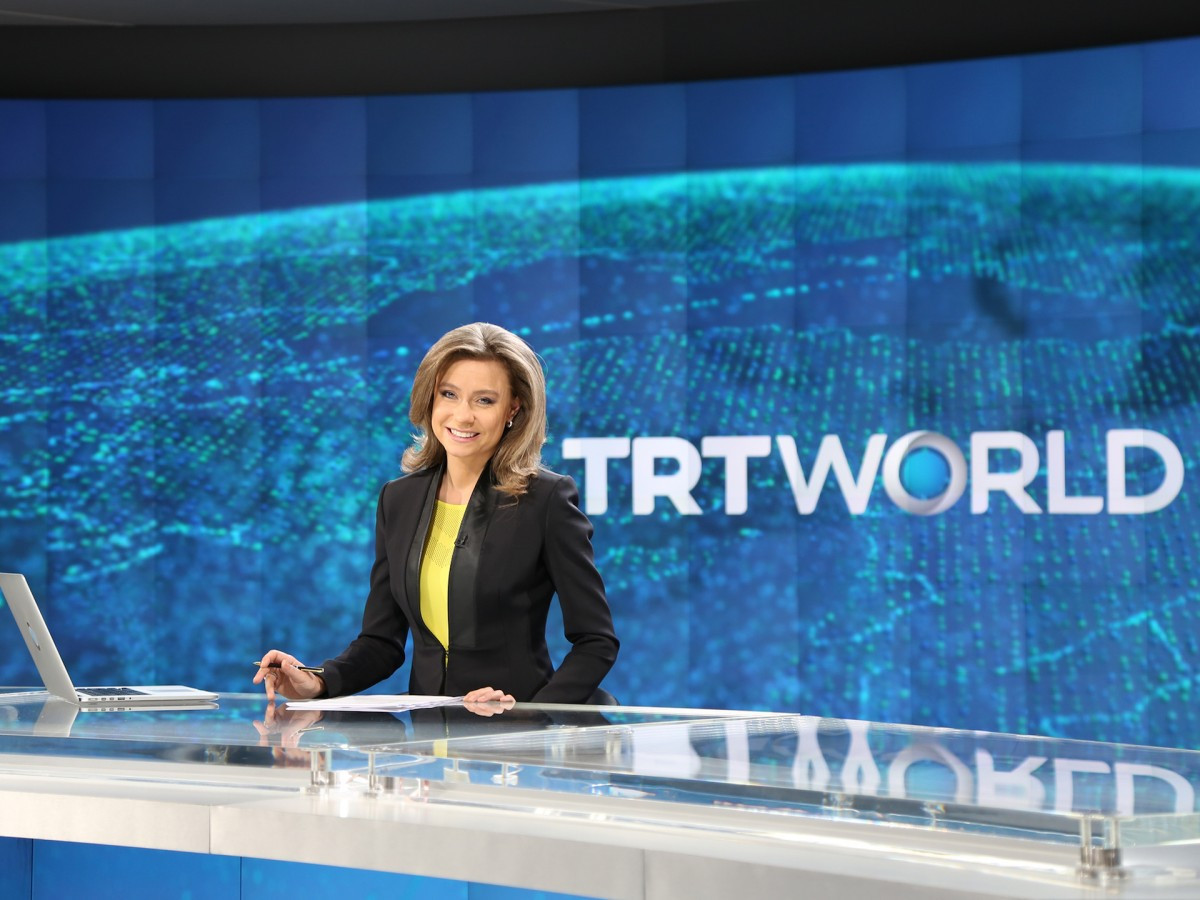
The Media Dimension of Turkish Public Diplomacy
Public diplomacy is a method of "relationship building" aimed at understanding the needs, cultures, and peoples of other countries, initiating dialogue, correcting misconceptions, and finding common grounds for shared goals. In other words, public diplomacy encompasses the positive relationships established by state and non-state actors with the citizens of other countries. Public diplomacy provides the opportunity to understand other nations' values, traditions, social structures, and beliefs. While "traditional public diplomacy" involves a one-way communication model focused on promoting national goals and foreign policies to different audiences, the "new public diplomacy" emerges as a model where citizens and non-governmental organizations play a more active role, global and real-time technologies are widely utilized, and institutional branding is highlighted (İletişim Başkanlığı, 2022).
The Advancements of Türkiye in Public Diplomacy
In the period after 2000, Türkiye has made notable progress in its public diplomacy efforts. In the early 2000s, Türkiye transitioned from the classic public diplomacy model to the new one, and the Public Diplomacy Coordination Board was established under the Prime Minister's Office in 2010. The Board aims to improve Türkiye's image and increase its influence on the international stage (Korkut, 2012). Since the 2000s, Türkiye has begun to effectively use elements of soft power on regional and global scales. As part of this strategy, Türkiye has taken significant steps in cultural diplomacy, education diplomacy, humanitarian aid activities, and media diplomacy (Nye, 2004; Altunişik, 2008). Organizations such as the Turkish Maarif Foundation and Yunus Emre Institute operate abroad to promote Turkish culture and language (Çevik, 2014). In addition to these institutions, TRT World, which began broadcasting in 2015, airs in English to enhance Türkiye's international media presence (Seib, 2016), while Anadolu Agency continues its journey towards becoming a worldwide news agency by broadcasting in multiple languages (Yanatma, 2016).
The Turkish Cooperation and Coordination Agency (TİKA) has played a key role in making Türkiye a significant actor in humanitarian diplomacy, particularly through development aid and humanitarian projects. TİKA has carried out projects in different regions of the world, focusing on areas such as education, health, infrastructure, and agriculture (Aras & Akpınar, 2011). In recent years, Türkiye has taken a more active role in foreign policy, taking initiatives in regional and international crises and pursuing active diplomacy while addressing issues of peace, stability, and development in regions such as the Middle East, Africa, the Caucasus, and the Balkans (Öniş, 2014). These efforts have also played a part in establishing Türkiye as an influential actor on the international stage (Grigoriadis, 2010).
Digital Diplomacy
With the advancement of technology, digital diplomacy has become an important part of Türkiye's public diplomacy strategy. Through social media platforms and digital media, Türkiye reaches diverse audiences and promotes its policies to the international community (Adesina, 2017).
Türkiye adopts a strategic approach to public diplomacy. By effectively utilizing cultural, humanitarian, and digital diplomacy, Türkiye aims to become more visible and influential internationally (Sevin, 2017). Indeed, Türkiye is globally recognized for its active role in regional crises and humanitarian aid efforts today (Keyman, 2017). Türkiye's public diplomacy strategies are supported by different actors, including governmental and non-governmental organizations, universities, and media. This multidimensional approach reinforces Türkiye's efforts to strengthen its international image and increase its global influence (Kalın, 2011).
The Contribution of TRT and Anadolu Agency to Türkiye's Public Diplomacy
TRT and Anadolu Agency play a significant role in supporting the efforts of the Directorate of Communications through effective and comprehensive communication strategies. In order to improve Türkiye's visibility on the international stage, TRT organizes events such as TRT World Forum, where intellectuals from all over the world come together to discuss global issues, and TRT World Citizen, which draws attention to global problems and reinforces Türkiye's leadership in humanitarian values. Channels like TRT World, TRT Avaz, TRT Arabi, TRT Türk, and TRT Documentary, along with international co-productions and projects, serve as prime examples of the media dimension of Türkiye's public diplomacy efforts by reaching a global audience and conveying Türkiye's perspective on global events. In this regard, Anadolu Agency's projects, such as AA International News Academy, Istanbul Photo Awards, War Journalism Training, AA English and Arabic, and global news network, strategic partnership, and participation in international fairs and conferences, are also noteworthy examples.
Türkiye's public broadcaster, TRT, was founded in 1964 as an independent institution responsible for delivering radio and television broadcasts on behalf of the state. Following the transition to the presidential system in 2018, TRT became an affiliated institution of the newly established Directorate of Communications. As of 2023, TRT operates 18 television channels, 14 national and 4 international channels, 17 radio channels, the website "trt.net.tr," and publishes magazines such as TRT Vizyon, TRT Çocuk, and TRT Akademi.
TRT is the voice and face of Türkiye, reaching all seven continents in 41 languages and dialects. In addition to its digital channels like TRT World, TRT VOT, TRT Russian, TRT Arabi, and TRT German, TRT launched TRT Balkan and TRT French in 2022 and TRT Spanish in 2024, enabling Türkiye to address the global audience in their own languages while also establishing alternative online news portals. Thus, TRT presents international and national developments within different countries and regions from Türkiye's point of view.
Anadolu Agency, on the other hand, operates in 13 languages, including English, French, Russian, and Kurdish, adhering to the principles of reliable, impartial, and ethical journalism. Committed to its vision of becoming "the powerful news agency of a powerful Türkiye" and ranking among "the world's top five most influential agencies," AA continues to expand its global reach. The agency has representatives in 100 countries worldwide, and its news content reaches an average of 6,000 media companies. Anadolu Agency's contributions to Türkiye's public diplomacy have become especially important after October 7, 2023, and marked a breaking point. Since then, AA and TRT have accomplished the important mission of informing the global public about the terror and genocide committed by Israel against Palestinian Muslims. AA provided photo evidence to the International Court of Justice to document the war crimes committed by Israel (Anadolu Agency, 2024). Also, the premiere of Anadolu Agency's documentary "Evidence," which exposes Israel's war crimes in Gaza, was held at the British Parliament.
The multidimensional and multi-faceted public diplomacy efforts led by the Directorate of Communications, TRT, and Anadolu Agency strengthen Türkiye's steps toward becoming a national, regional, and global power. In today's world, where competition, cooperation, and conflicts between nations are increasingly shifting to new platforms with the rise of digitalization, the public diplomacy carried out within the scope of the Axis of Türkiye and the Century of Türkiye policies is making significant contributions to the future of our nation.
References
Adesina, O. S. (2017). Foreign policy in an era of digital diplomacy. Cogent Social Sciences, 3(1).
Altunişik, M. B. (2008). Turkey's soft power: An ınpolished gem or an elusive mirage?. Insight Turkey, 10(2), 55-66.
Anadolu Agency. (2024). AA fotoğrafları İsrail'in soykırımla suçlandığı Uluslararası Adalet Divanı'ndaki duruşmada kanıt olarak sunuldu. Retrieved from: https://www.aa.com.tr/tr/dunya/aa-fotograflari-israilin-soykirimla-suclandigi-uluslararasi-adalet-divanindaki-durusmada-kanit-olarak-sunuldu/3106048
Aras, B., & Akpınar, P. (2011). The role of humanitarian assistance in Turkey's foreign policy. Journal of Balkan and Near Eastern Studies, 13(1), 1-13.
Çevik, S. B. (2014). Turkey’s foreign policy towards the Arab spring: Between Western orientation and regional disorder. Journal of Balkan and Near Eastern Studies, 16(3), 387-410.
Grigoriadis, I. N. (2010). The Davutoğlu doctrine and Turkish foreign policy. Hellenic Foundation for European and Foreign Policy, 14(2), 1-6.
Directorate of Communications. (2022). Kamudiplomasisi nedir?. Ankara: Directorate of Communications.
Kalın, İ. (2011). Soft power and public diplomacy in Turkey. Perceptions: Journal of International Affairs, 16(3), 5-23.
Keyman, E. F. (2017). A new Turkish foreign policy: Towards proactive “Moral realism.” Insight Turkey, 19(1), 55-69.
Korkut, H. (2012). Public diplomacy and Turkey’s image in the world. International Journal of Business and Social Science, 3(12), 225-234.
Nye, J. S. (2004). Soft power: The means to success in world politics. New York: Public Affairs.
Öniş, Z. (2014). Turkey and the Arab revolutions: Boundaries of middle power influence in a turbulent Middle East. Mediterranean Politics, 19(2), 203-219.
Seib, P. (2016). The future of diplomacy. Cambridge: Polity Press.
Sevin, E. (2017). Public diplomacy and the implementation of foreign policy in the US, Sweden, and Turkey. Berlin: Springer.
Yanatma, S. (2016). Turkish media policy in the European Union accession process: A case study of the reforms in the first decade of the 21st Century. Journal of Contemporary European Studies, 24(3), 404-420.
Metin Erol
2010 yılında tam burslu olarak girdiği Gediz Üniversitesi Siyaset Bilimi ve Kamu Yönetimi Bölümü’nden 2015 yılında birincilikle mezun oldu. 2019 yılında Marmara Üniversitesi Siyaset Bilimi ve Kamu Yönetimi Anabilimdalı Kamu Politikası programında Tür...
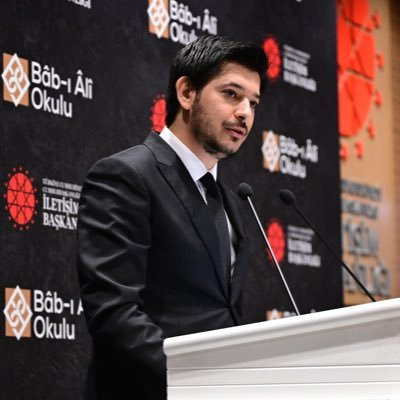 Metin Erol
Metin Erol